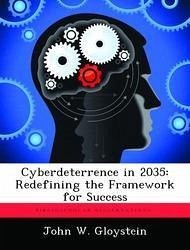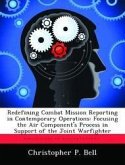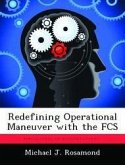Cyberspace has become a critical domain for enabling the United States to achieve its objectives. Claims of United States military missions to dominate cyberspace seem at odds with reality. In fact, cyberspace is a contested domain today and the situation is deteriorating. Several characteristics, such as non-attribution and operations at machine speeds combined with policies and laws that have not adapted to the changing realities within cyberspace, give the advantage to the attacker. These characteristics, combined with an increasing use of cyberspace for decision making, cast serious doubts on the ability of the United States to protect its strategic decision making apparatus in 2035. By 2035, a cyber assistant or "familiar" will support most decisions. Without changes to the characteristics and trends in cyberspace, an adversary may influence US decision-making in the disputed cyberspace domain. This paper analyzes the impact of a cyber familiar using Graham Allison and Phillip Zelikow's decision-making frameworks as well as John Boyd's OODA loop.
Hinweis: Dieser Artikel kann nur an eine deutsche Lieferadresse ausgeliefert werden.
Hinweis: Dieser Artikel kann nur an eine deutsche Lieferadresse ausgeliefert werden.








